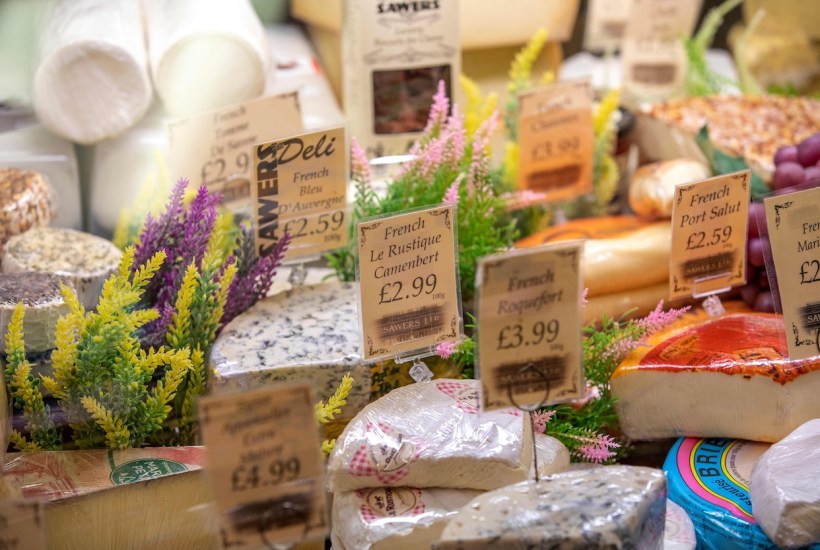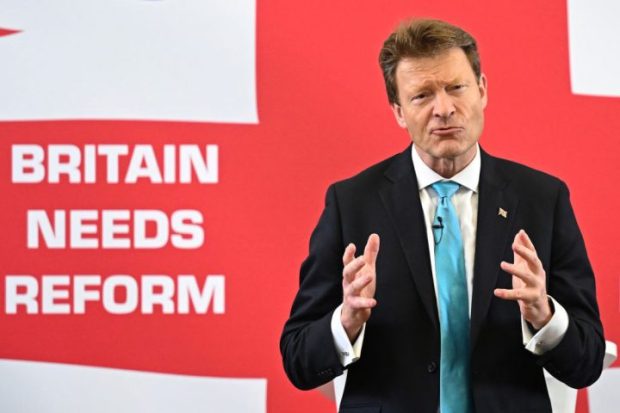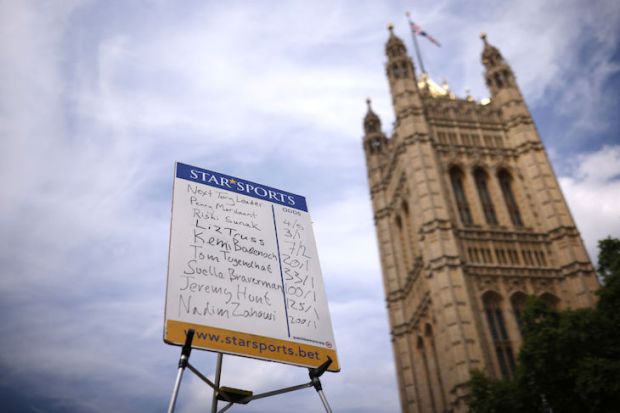It is one of those occasions when you don’t need to wait for tomorrow’s newspapers to know what will be inside. There will be the usual photographs of empty supermarket shelves, along with the message ‘It’s Brexit wot done it’. Never mind that there are always some gaps on supermarket shelves and that the blockades on French motorways (as that country’s farmers demonstrate their deep commitment to the single market) are bound to impact on some supply chains.
Already a subscriber? Log in
Subscribe for just $2 a week
Try a month of The Spectator Australia absolutely free and without commitment. Not only that but – if you choose to continue – you’ll pay just $2 a week for your first year.
- Unlimited access to spectator.com.au and app
- The weekly edition on the Spectator Australia app
- Spectator podcasts and newsletters
- Full access to spectator.co.uk
Or





















Comments
Don't miss out
Join the conversation with other Spectator Australia readers. Subscribe to leave a comment.
SUBSCRIBEAlready a subscriber? Log in